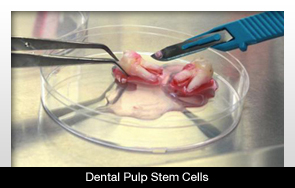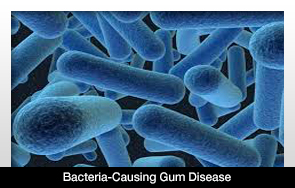 |
There may a benefit to bad breath.
Japanese scientists have determined that the odorous compound that produces halitosis is a great place to develop stems cells from human dental pulp.
The study was published Monday in IOP Publishing’s Journal of Breath Research. The researchers demonstrated that hydrogen sulphide, which smells like rotten eggs, raised the ability of adult stem cells to separate into liver cells. This enhanced their reputation as a reliable source for liver-cell therapy in the future.
This study marks the first time liver cells have been developed from human dental pulp and the initial time in which there are high numbers of high purity. High purity signifies that there are no wrong cells being separated to other tissues.
Thanks to their transforming ability, stem cells are a great research tool for many diseases, including Parkinson’s and Alzheimer’s.
To compile the data for the study, Dr. Ken Yaegaki and his research team from Nippon Dental University in Japan utilized the stem cells from dental pulp. These cells were procured from the teeth of dental patients who recently had a tooth extracted. The cells were broken down into the test and control groups.
The research team studied various aspects of the cells to determine specific characteristics.

|











